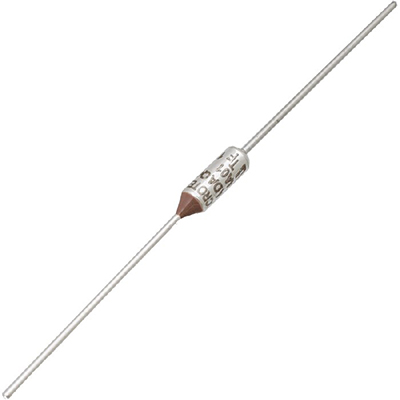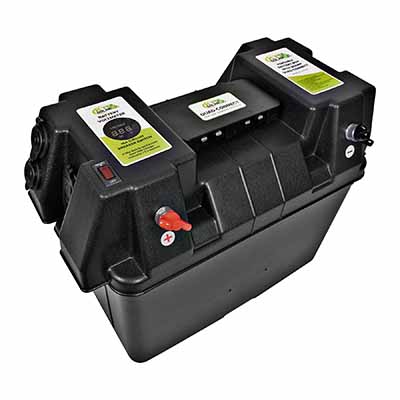The Vital Role of Automotive Fuses in Electrical Safety
News 2025-09-29
A car fuse is an essential safety device in automotive electrical systems, designed to protect against overcurrent conditions. It consists of a thin metal strip that melts when excessive current flows through it, breaking the circuit and preventing damage to wiring and components. This simple yet effective mechanism helps avoid potential fires, electrical failures, and costly repairs, making fuses indispensable in modern vehicles.

Key Functions
Fuses primarily act as circuit protectors by interrupting power when current exceeds safe limits. They respond rapidly to overcurrent events, such as short circuits or overloads, by sacrificing themselves to isolate the fault. This function not only preserves the integrity of the electrical system but also ensures that other components continue to operate without interruption, enhancing overall vehicle reliability.
Application Scenarios
In automotive contexts, fuses are deployed across various circuits including engine management, lighting, and entertainment systems. For example, they safeguard the battery and alternator circuits from surges, while in infotainment setups, they prevent damage from faulty connections. This targeted protection allows for modular design in vehicles, where individual components can fail safely without compromising the entire system, facilitating easier troubleshooting and maintenance in real-world driving conditions.
Performance Advantages
Car fuses offer significant benefits through their robust design and efficiency. They provide immediate fault isolation, minimizing downtime and reducing the risk of extensive damage. Compared to more complex protection devices, fuses are highly durable, cost-efficient, and easy to inspect, making them ideal for automotive applications where space and weight are critical. Their consistent performance under diverse environmental conditions further underscores their value in ensuring long-term vehicle safety and operational efficiency.


